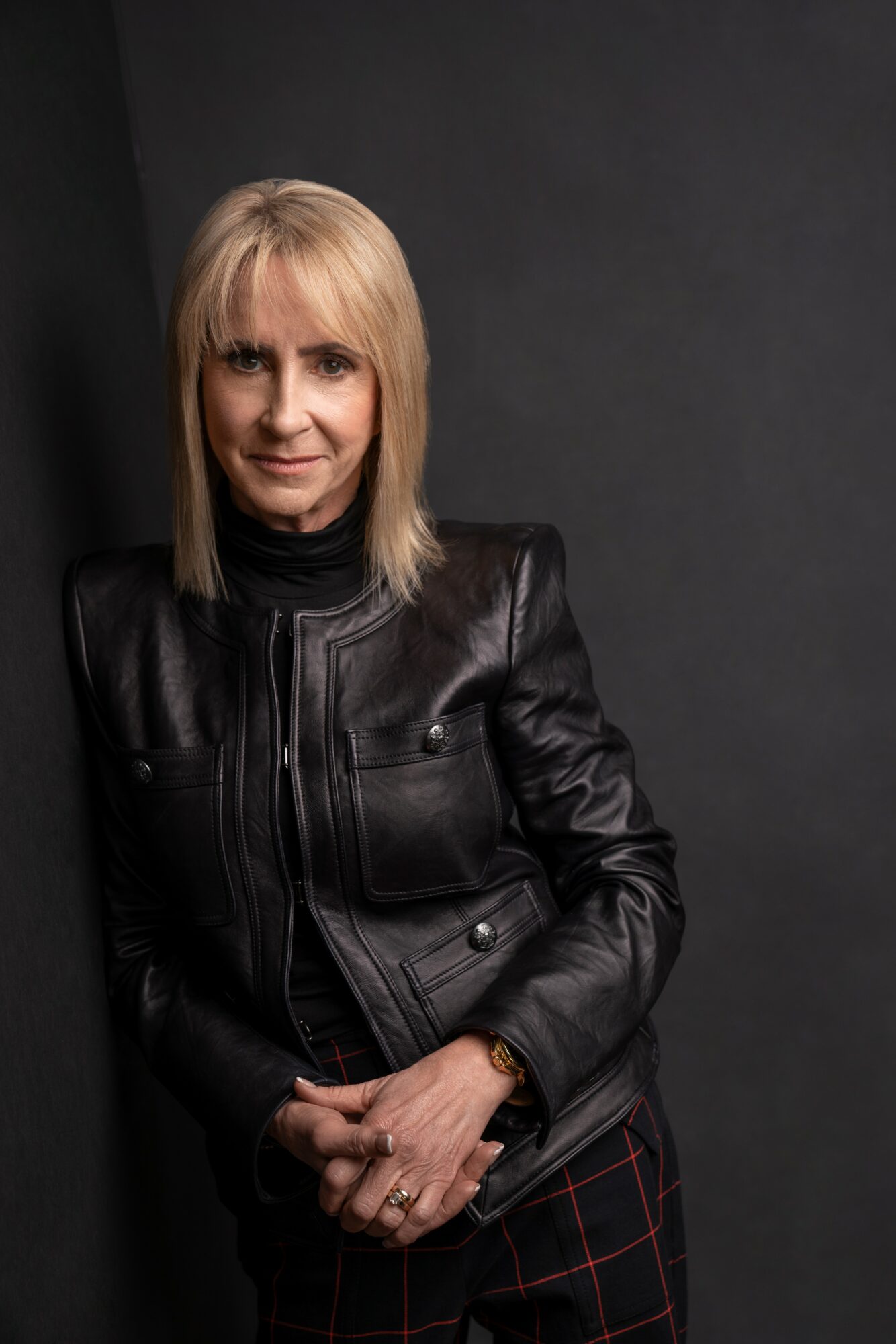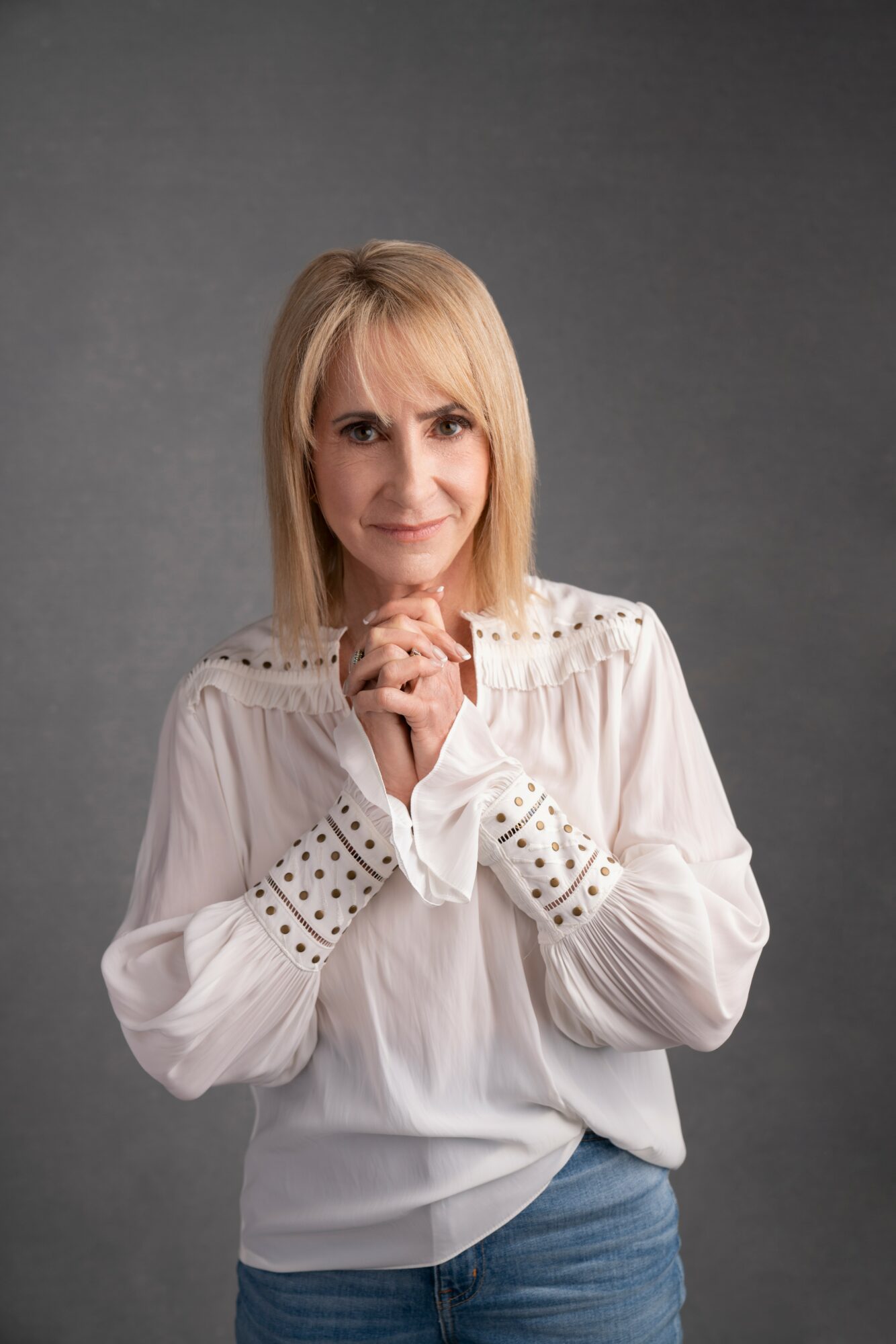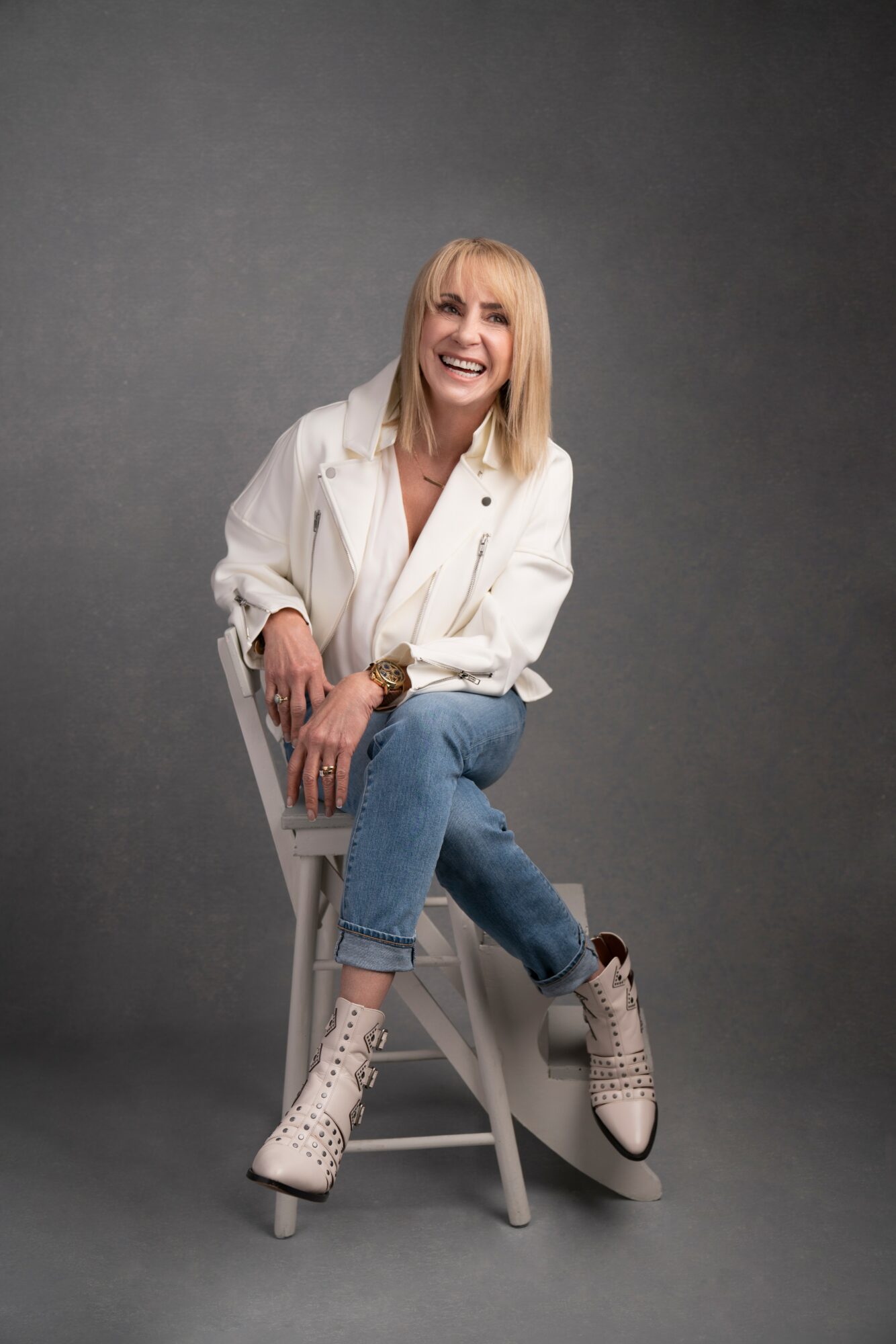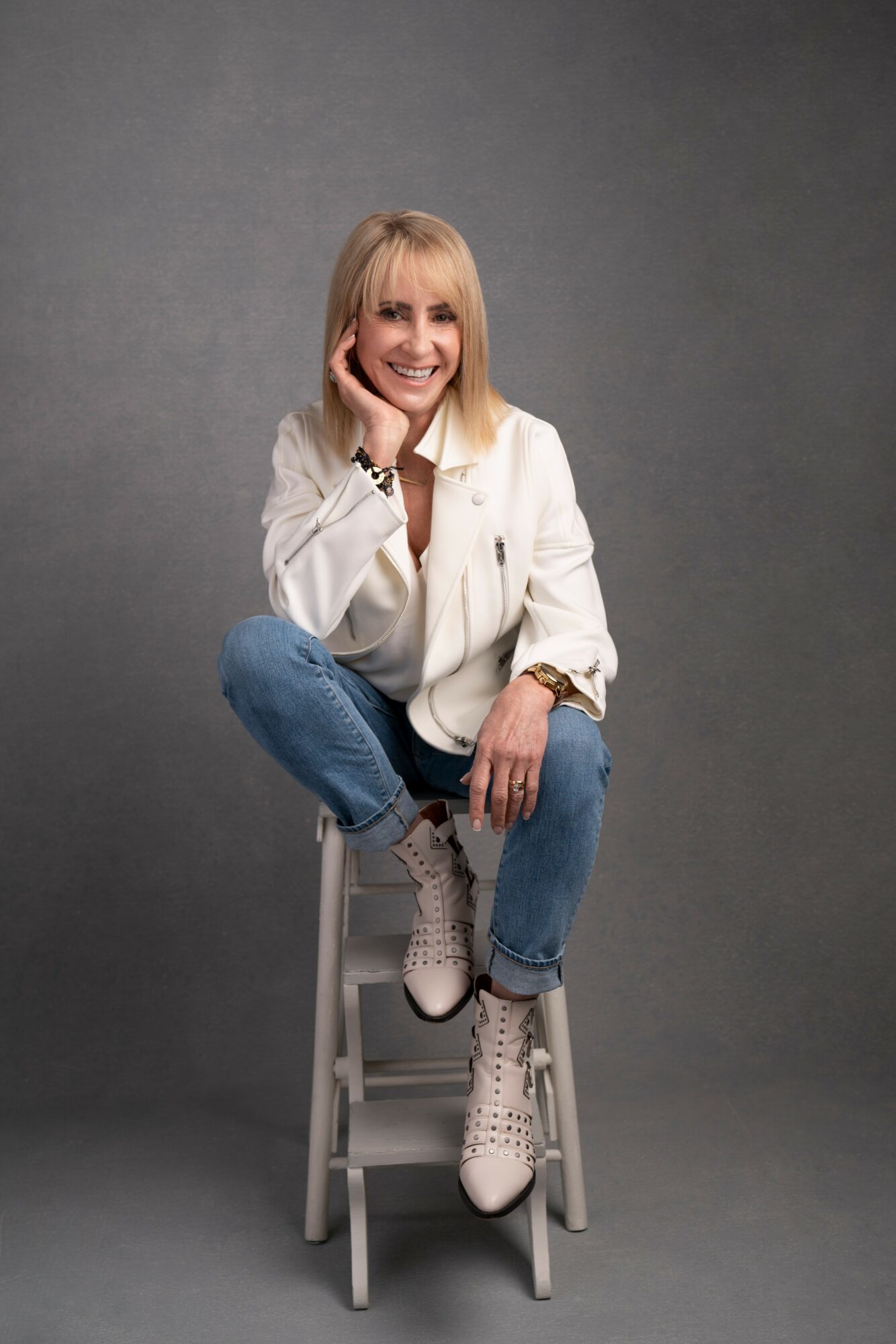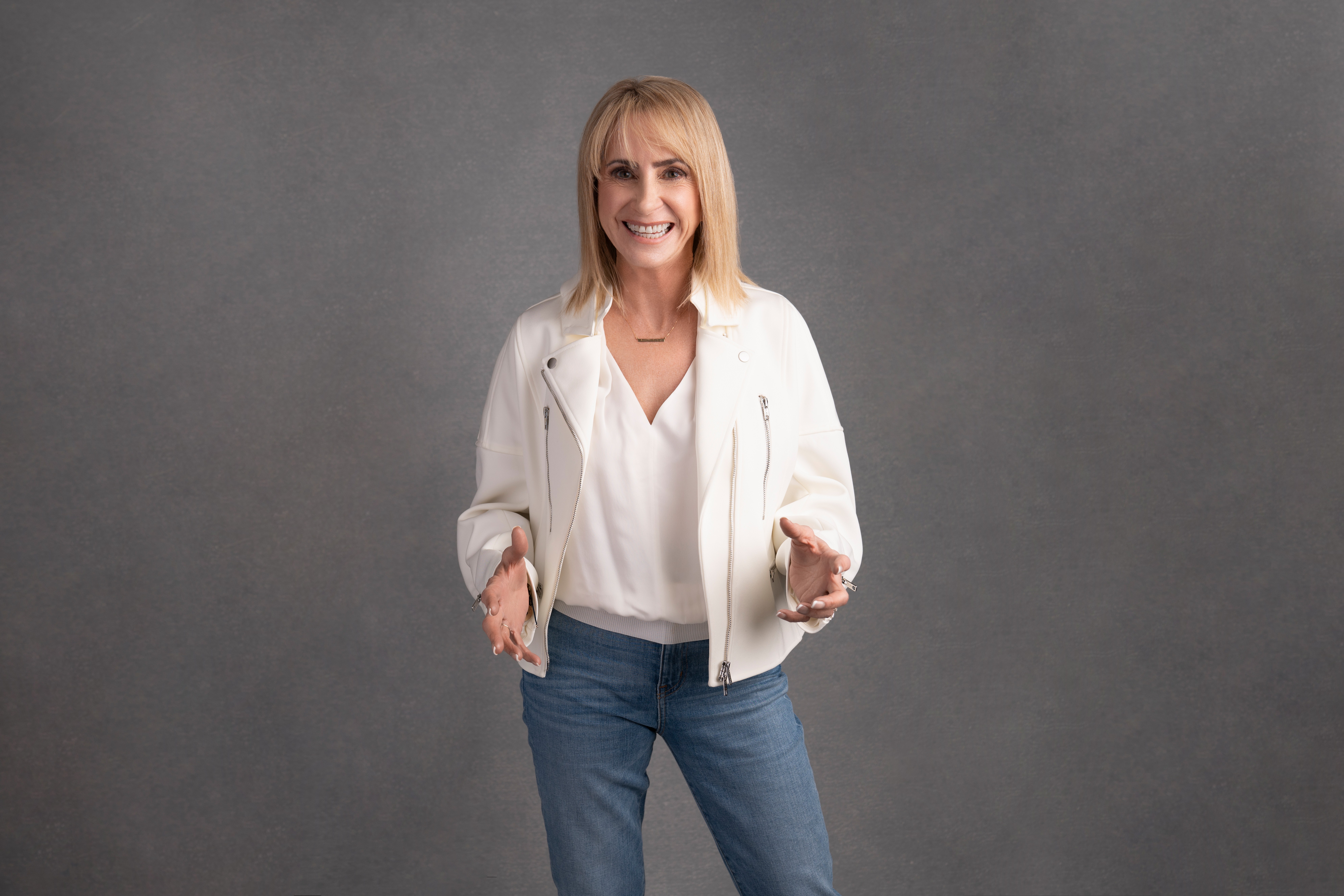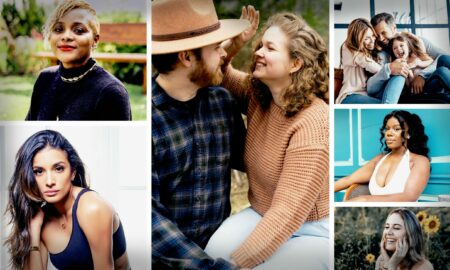

Today we’d like to introduce you to Dr. Jayne Gardner.
Alright, so thank you so much for sharing your story and insight with our readers. To kick things off, can you tell us a bit about how you got started?
My story about my career:
Two childhood memories impacted my choice of a career. When I was 18 years old and sitting in my high school guidance counselor’s office talking about college and my future career, the counselor told me two things: -First, that I had done really well in my four years of high school, ranking 4th in my graduating class; secondly, she told me I had three choices about a career. I could become a nurse, a teacher, or a secretary. Why not a doctor, a professor, or a CEO? My second memory: My father told me that going to college was not important for me as it was for my two brothers, because I just needed to marry someone who could support me.
Now you are beginning to see what happened to me—and I have witnessed what happens to most of us in our original career choice:
Limiting beliefs:
I wanted to be an artist but my parents said I had to choose a major that paid money.
I wanted to run my own company and create something different but my parents and teachers said that success was unlikely. I wanted to become a CPA but was told I would not be a good mother if I chose a business career which might demand too much of my time.
It was not until I was in my forties and a crisis happened to wake me up to the fact that all my life, I had been trying to please others and my career choice was the best example of me not being me.
Of the three choices given me by my guidance counselor, the only one I felt was viable was becoming a teacher–because my mother had also told me if I wanted to have children, being a teacher was the only way I could be with them enough to be a good mother.
Little did I know that someone/something else was controlling my life: that something else was the conditioning of all of those limiting beliefs about what I could do, or not do, with my life. At that time, I had no agency. I had been conditioned to choose a career others thought was the best career for me. Even more important, I learned to be what others wanted me to be in all areas of my life.
I chose to start my career as a teacher, then eventually high school guidance counselor, grappling with the often-unhinged emotions of adolescents fueled by hormones and known for their inability to control their emotions. After six years in that frying pan, I got my Ph.D. in counseling and psychology and decided to leap into the fire: I chose to work at one of Texas’ largest mental health institutions, working with people diagnosed with serious mental disabilities ….and even those declared criminally insane. The entire spectrum of human beings whose emotions were splattered all over their lives were on display for me every day.
Back then, classical training fell into two camps or some amalgam of them: drug them or talk to them, sometimes for decades. I could see right in front of my eyes that neither approach was making the kind of difference that would allow these poor souls to learn the emotional mastery skills that would enable them to live fully and joyously in society.
This population, the criminally insane, was the perfect challenge, to develop and try out a new way to help people out of both depression and uncontrolled anger. I knew both diagnoses were a result of limiting beliefs about themselves. I knew from neuroscience that emotional control was the key to a calm brain. If we could learn to be less reactive and more responsive, we would have better relationships, better health, and be more productive at work.
The light bulb came on for me when I realized my own life was also out of control…. that those adolescents, as well as my patients, labeled criminals –that I was just a milder version of the out-of-control teenagers as well as the criminal minds I was studying. Learning to express my emotions in a responsive way became a personal goal because–the truth was–every one of us is out of control with our emotions at times.
Over the next several years, I started documenting the results of using some very unconventional treatment modalities. I knew from my study of neuroscience that the brain had to express emotions and if not expressed and buried, they would cause us to be unable to be in control of our personal as well as our work lives.
My goal was to create a system, a process, a methodology to put people back in control of their emotions and eventually, their lives.
Thus, The Gardner Method came into being.
At first, I garnered criticism from the mental health field, until they realized how effective my treatment methodology was and that it actually worked with the most troubled people out there.
That’s when I left the hospital setting and went into private practice. Now, some 55,000 hours of counseling, and thousands of patients later, I am finally sharing my well-tested, proven algorithm for mastering emotions. Not “controlling” them with tightly contrived affirmations, but uprooting them, healing them, transforming them so that we can react with grace, dignity, and consciousness every time we feel ourselves triggered. That is the pinnacle or the “how-to” of emotional intelligence.
About ten years ago, business leaders started asking me to take them through my methodology. As a result, we discovered that when business leaders learned to control their emotions, they generate more energy and perform better at work.
As a Performance Coach now, my audiences these days are CEOs who realize that their personal lives and business lives are inseparable. That just like a child who is worried about his parent getting a divorce cannot focus to learn his/her multiplication tables, that a leader does not produce her best performance when something is going on emotionally at home.
And eventually, I want to take this process into the public school system, catching and snuffing out those limiting beliefs about career choices early in life. This process frees 18-year-olds to think differently than I did when I was 18. I want our high school seniors to be true to themselves in their choice of a career and not be so influenced by what teachers and parents want them to be! And I want the people out there in this moment in time, who are having the courage to resign, to dig deeper into what they really want to be when they grow up!
Indeed, the world itself will become a better place when we all learn how to control our emotions and direct that emotional energy into being who we really were created to be.
Would you say it’s been a smooth road, and if not, what are some of the biggest challenges you’ve faced along the way?
1. When I first introduced my methodology to my colleagues and the mental health populations in general, I received negative feedback (and still do at times) because it was so different than what we had been taught in school. Cognitive-behavioral techniques were what they were using–ignoring the limbic system, the feeling brain in our work with people. We thought we were predominantly thinking people rather than feeling entities. My work unravels the mystery behind the two parts of the brain–our thinking brain and our feeling brain and which is in control of us.
2.. I have 5 children and it was challenging at times. I went back to get my Ph.D. after they were born and it was hard at times as I always wanted to prioritize my family.
3. Building a private practice was difficult in the beginning years after graduation. I was taught to be a great coach but there was not a course in business.
Thanks – so what else should our readers know about your work and what you’re currently focused on?
Dr. Jayne is a Performance Coach, serves innovative creators who want to 10X their business and their life. She works with people who want to create financial greatness through first finding personal greatness. Her clients know, as research now supports, that growth of self and others builds a financially stronger company.
She helps you move past personal problems showing you how they relate to your business challenges. She “gets” that your conflicts and limiting beliefs are usually subconscious, based on fear, and usually difficult to identify by yourself. Her flagship product, The Gardner Method, has worked with thousands of clients and it will work for you. You don’t know it yet, but the Gardner Method is going to quickly reveal to you the secret reasons you haven’t yet achieved your highest potential, show you the factors that are blocking you, and help you to remove them. Of course it will take a little bravery.
Hiding behind the Ph.D. shingle on her door is not her style, yet she knows the brain gets past resistance to change more easily if it knows some facts or research and uses her neuroscience education to help people understand themselves better.
She says: “I am most proud of proving through my own business development and my clients’ successes proving that personal growth creates financial growth…and beyond. Indeed, uncovering and living our Authentic Self is the key to everything we ever want to create.”
The unique part of Dr. Jayne—she does her own work first, so you know anything she encourages you to do she has tried out herself. She knows how to call out the stories we hide behind because she strives every day to live her own best life. But she knows that the results we all want toward the end of our lives is: more fulfilling relationships, and yes, grounded in a deep love and respect for ourselves. She, like all of us, wants to know she has lived her best life!
Her favorite time of her day: Coffee with her husband of 27 years where they check in with each other and read something inspiring to start their day.
Dr. Jayne Gardner holds a doctorate degree in psychology and counseling and state licensure as an LPC (Licensed Professional Counselor) and LMFT (Licensed Marriage and Family Therapist). She has contributed articles to numerous magazines, professional journals, and media outlets including SHRM (Society for Human Resource Management), Dallas Business Journal, and Science of Mind magazine. She has hosted her own radio show called Wired to Win (KRLD-AM/Dallas) and has appeared on CNN’s Business Unusual and on Good Morning Texas (ABC affiliate). Her authentic presence engages audiences quickly and leaves a lasting impact.
Because of her vast life experience, education, and presentation style, she receives rave reviews from audiences nationwide; she has presented all over the US and abroad to many prestigious groups such as the International Coach Federation, Unity Churches, and Young Presidents’ Organization.
Dr. Jayne has dedicated the last quarter of a century of her professional life to the study of personal transformation. In 2008, she graduated from the University of Texas Dallas School of Management with a major in Executive and Professional Coaching. She has since taught as Adjunct Professor of Business and Professional Communication at Texas Christian University and worked as an Executive Coach at the University of Dallas.
Can you tell us more about what you were like growing up?
I was a complaint, “follow the rule” kind of kid. I wanted to please and meet the expectations of my parents. I am a baby boomer and my parents came out of WWII wishing to provide a better life for their children. Even though their intentions were good, I felt pressured to be what they wanted me to be. After all, they had not had the opportunities I had growing up–they had been forced to give up their childhoods. Now I tried to live out the lives they didn’t get to have…. however, one can never live another’s life for them. I learned that being myself was the best way to create fulfilling lives for all of my family.
I was an artist and very creative and curious. I felt very deeply about people but never learned until an adult how to express my emotions. At that time in history, we didn’t have the words, no emotional vocabulary. As a result, I bottled up my emotions, and later as an adult, I found myself emotionally reactive, saying things that were not the best me. As a result, I created the Gardner Method as a way to help others….and myself express love and gratitude graciously and in the highest way of a leader.
Contact Info:
- Email: drjayne@drjaynegardner.com
- Website: drjaynegardner.com
